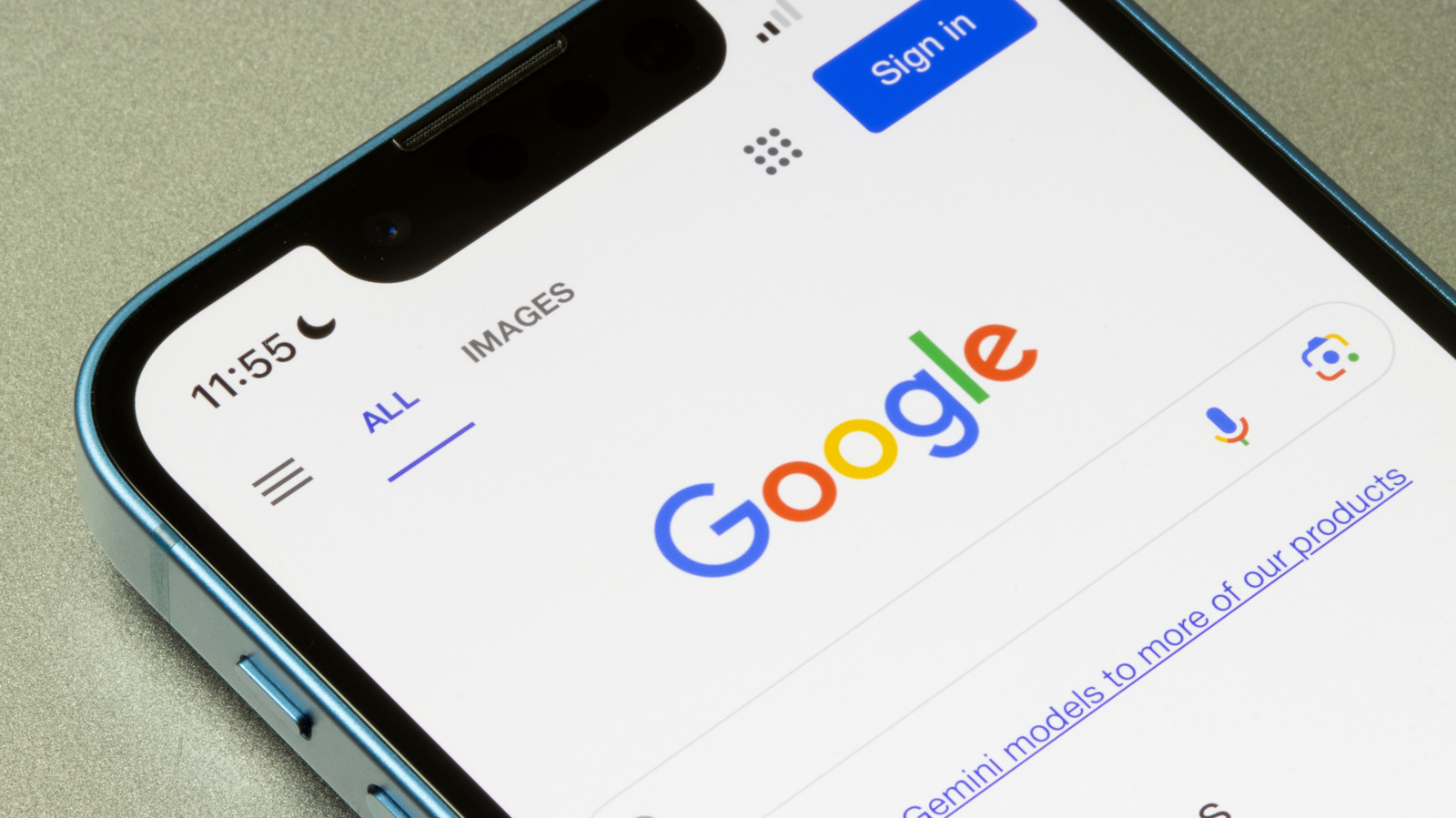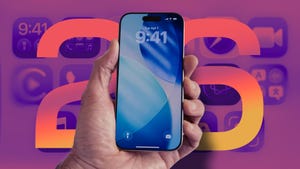Earlier this year, Google undid one of the biggest privacy changes it had made to how it allows advertisers to capture data about your online usage. This data, which has collectively become known as your digital fingerprint, is basically a catch-all for advertising information that will help advertisers create more targeted advertisements for you.
When Google stopped fighting against digital fingerprinting, it was a complete one-eighty from the company’s previous stance on the matter, which had been pushed by privacy regulators, as well as in lawsuits and by Apple. Since its reintroduction to capture information about your digital fingerprint, Google has quietly been collecting information about anyone using an iPhone or an Android phone.
Apple introduced ways to help mitigate this with the advanced tracking and fingerprinting protection feature in Safari. By default, this setting has been toggled to only provide protection when using Private Browsing, but Apple says it will change how it approaches this feature in iOS 26 by offering protection for all browsing by default when the update rolls out in September.
Earlier this year, Google undid one of the biggest privacy changes it had made to how it allows advertisers to capture data about your online usage.
This data, which has collectively become known as your digital fingerprint, is basically a catch-all for advertising information that will help advertisers create more targeted advertisements for you.
When Google stopped fighting against digital fingerprinting, it was a complete one-eighty from the company’s previous stance on the matter, which had been pushed by privacy regulators, as well as in lawsuits and by Apple.
Since its reintroduction to capture information about your digital fingerprint, Google has quietly been collecting information about anyone using an iPhone or an Android phone.
Apple introduced ways to help mitigate this with the advanced tracking and fingerprinting protection feature in Safari.
Earlier this year, Google undid one of the biggest privacy changes it had made to how it allows advertisers to capture data about your online usage. This data, which has collectively become known as your digital fingerprint, is basically a catch-all for advertising information that will help advertisers create more targeted advertisements for you.
When Google stopped fighting against digital fingerprinting, it was a complete one-eighty from the company’s previous stance on the matter, which had been pushed by privacy regulators, as well as in lawsuits and by Apple. Since its reintroduction to capture information about your digital fingerprint, Google has quietly been collecting information about anyone using an iPhone or an Android phone.
Apple introduced ways to help mitigate this with the advanced tracking and fingerprinting protection feature in Safari. By default, this setting has been toggled to only provide protection when using Private Browsing, but Apple says it will change how it approaches this feature in iOS 26 by offering protection for all browsing by default when the update rolls out in September.



